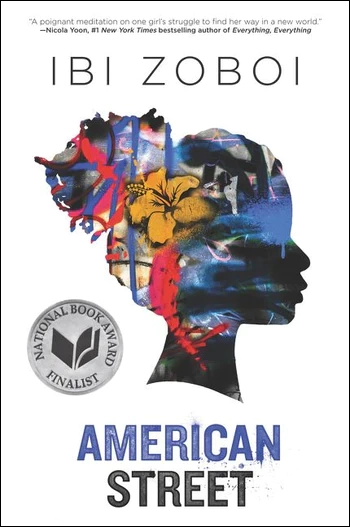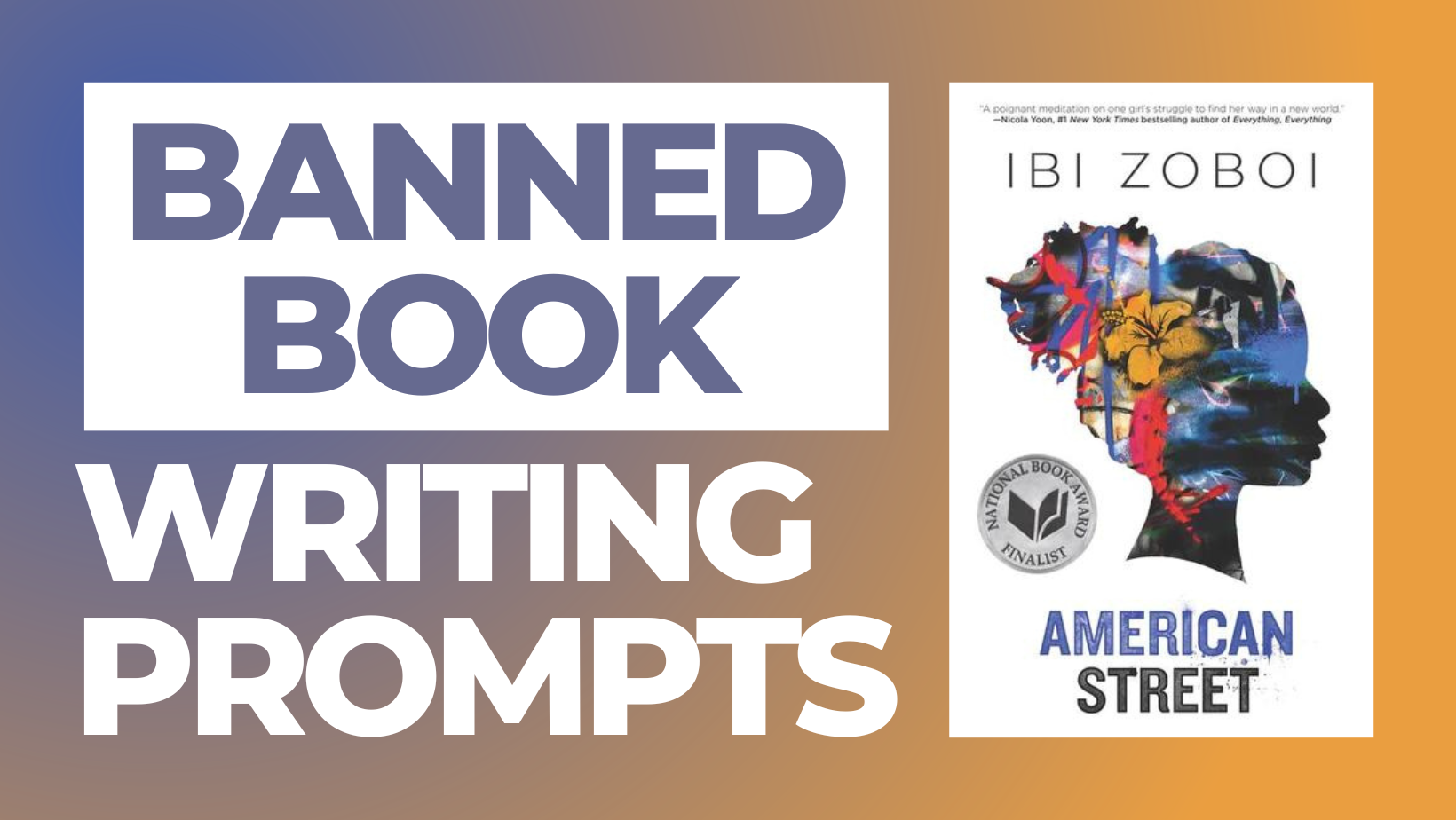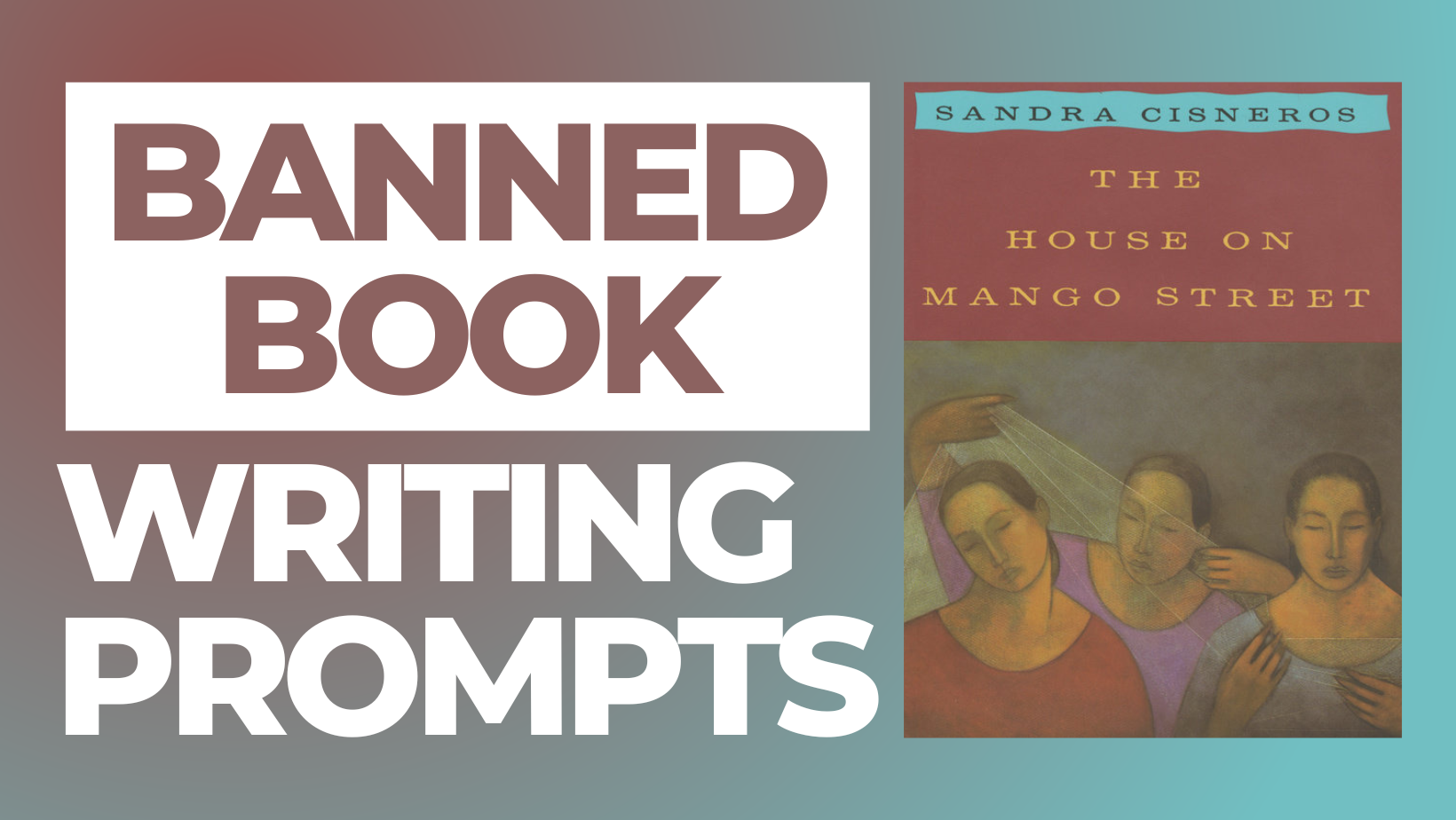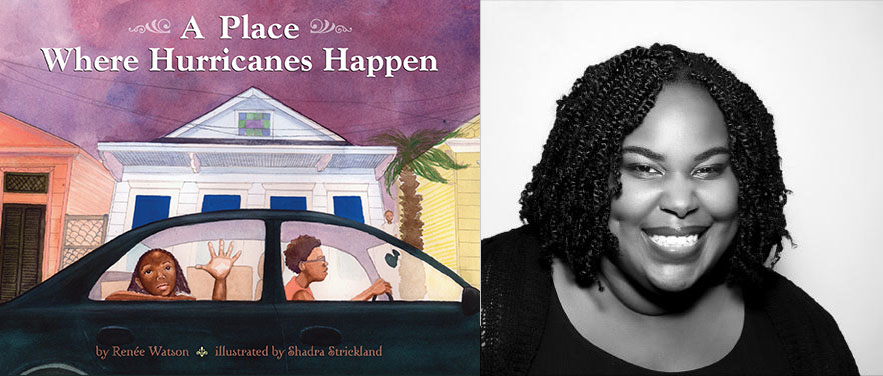In Banned Book Writing Prompts, a new series in Teachers & Writers Magazine, we aim to push back against the growing movement to censor what students can read and to show what happens when we enthusiastically embrace banned works rather than fear them. You can read an introduction to this series by Susan Karwoska here, and you can find more Banned Book Writing Prompts here.
American Street by Ibi Zoboiis a heartbreaking tale about family, reputation, violence, and what it’s like to be caught between two places.
Zoboi tells the story of a young Haitian girl, separated from her mother, to explore the reality of broken expectations that come with moving to a country with a history of mistreating the marginalized.
Fabiola, our protagonist, searches for a villain to blame for the bad things she experiences in her new life in Detroit, but in the end, she discovers the villain is the system. Everyone in her life in Detroit is involved with shady business. But as we hear their stories through Fabiola, we recognize how much these characters have had to fight to claim what is theirs. When we are battling every day just to survive, Zoboi shows us, that weighs on us. Zoboi describes that exhaustion in a way that moved me. This story told me that I was not alone, and that when we are fighting every day, it is OK to be exhausted.
We need these stories. We need them to demand justice and reform for our communities, to remind us that things are never just black and white, to guide us through systemic hurt, and to tell us we are not alone.
Fabiola feels alone in her pursuit of her mother, and at every turn, sees corruption and violence that she comes to realize are universal. She fights it until she can’t fight anymore. When police brutality takes away her boyfriend, the trauma of that stays with her and her family. A deep mistrust sets in for anyone but those she can call blood. As the child of an immigrant, I deeply relate to this mistrust of the system. I’ve watched it deny my dad the right to feel comfortable and safe in the country where he chose to become a citizen.
As a writer, I applaud Zoboi’s bravery, and I thank her for telling this important story. If we lose access to her book, we lose the perspective of an immigrant who sees all the worst parts of home in her new country. We lose a portrayal of what it means to resist assimilation. We lose this intelligent critique of corruption within our system. And Zoboi’s book is just one of dozens portraying immigrant perspectives that are currently facing bans in schools across the nation.
We need these stories. We need them to demand justice and reform for our communities, to remind us that things are never just black and white, to guide us through systemic hurt, and to tell us we are not alone.

Writing Prompt 1
Throughout American Street, there are breaks between the chapters where Zoboi explores each character’s story. While Fabiola is our first-person narrator, these breaks allow us to peer into the emotional lives of other people in her world. Each of these characters speaks of a defining moment in their lives, where they were challenged and realized who they really were. They share their truths when only Fabiola is listening.
Chantal’s Story:
I remember being nine years old, translating newspaper articles for my mother about my father’s murder.
p. 103
Marjorie & Valerie’s Story:
But as thirteen- and fifteen-year-old girls, with no mother and father to watch over us, our bodies were like poor countries—there was always a dictator trying to rule over us.
p. 154
Kasim’s Story:
But by high school, I had to be able to walk through somebody else’s hood and hold my head up. Truth is, I didn’t.
p. 257
Think about why these characters’ perspectives are included. What do we learn when they take charge of their truth? What is a quality you admire about yourself? Are you strong, brave, kind, etc.? What or who made you that way?
Share, in however many words, a moment that made you realize you possessed that special quality. If you can, speak to a challenge you went through where that quality helped you or allowed you to be who you always wanted to be. Write your story.
Writing Prompt 2
To be an immigrant is to collect information. American culture often forces immigrants to assimilate, asking them to leave behind the culture they know, and to change themselves to fit in. In American Street, Fabiola observes the world closely, finding out how to dress, speak, and think. While Fabiola holds true to her Haitian roots, her Detroit alter ego, Fabulous, has to adapt to survive.
Have you ever had to make changes to try to fit in somewhere? This could be a new school, a new town or city, or, as in the case of Fabiola, a new country. Think about the changes you might have made in the way you spoke, dressed, or even what you thought about.
Write a short scene where the “old” you talks to the changed, “new” you. What might they say to each other?
Writing Prompt 3
Read the following passage:
Joy and American. A crossroads. Intersecting. One is not the other. I look down Joy Road with its few streetlights dotting the wide path. There are not that many houses and lots of open land. It can either mean endless possibilities or dark, empty hope.
I look down American Street with its houses in neat rows and the open lots like missing teeth. I know so many people back in Haiti, so many families who would kiss the ground and thank Jesus for a street like this, especially one named American.
My two paths meet at this corner, and it seems like I have to choose one. One street represents a future, the other leads to a different kind of life. Papa Legba, the keeper of the crossroads, will help me choose.
p. 104
In this passage, Fabiola questions the American Dream, the myth that promises a better life for those who choose to immigrate to America. She often compares the violence in Detroit to the violence in Haiti. Because of her experience with both places, the myth is shattered and the gaps between the two seemingly distant worlds close.
Describe a time when your expectations did not live up to your real-life experience.
Write a short poem about the street you live on. What is it called? What do the houses look like? Who lives inside them? What do you feel when you are on your street? Is it light? Dark? What are the crossroads, and is there a direction you feel called towards? Is it away from your street or is it towards your street?

Khadija Bangoura
Khadija Bangoura (she/he/they) is a Black & Queer comedian, writer, and theatre and teaching artist from Burlington, Vermont. At a young age, Khadija realized that theatre was a place where they could transform and experience true, uninhibited joy. She started her theatrical journey as an African Dancer, participating in her parent’s performance company, Jeh Kulu Dance & Drum Theatre. As Khadija grew older, they began to see how oppressive systems permeate the theatre industry. Khadija works toward freedom, with Play in her right pocket and Joy in her left, she hopes to carve out a space in the storytelling world for a new type of theatre. Khadija received her BFA in Theatre Arts from Boston University. She has written several plays, acted in musicals, trained in comedy improv, directed and choreographed, and motivates others to do the same. Khadija is inspired by queer artists of color who have paved the way for intersectionality in storytelling. They hope to someday create an artistic space dedicated to new work, classes, and organization for her community. www.khadijabangoura.com.



